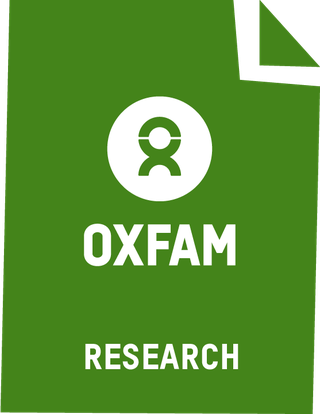
The Value-Added Tax (VAT) Improvement Program: Raising the operational efficacy of the VAT administration in Bangladesh
Bangladesh has a weak and inequitable tax system. This undermines domestic revenue mobilization (DRM) and the financing of pro-poor public expenditures. Over the past 15 years, the government of Bangladesh (GoB) has relied on the regressive value-added tax (VAT) for more than a third of all revenues, with little progress towards strengthening direct taxation of high net-worth individuals and large corporations. Robust social protection systems can mitigate the regressive character of VAT, especially if combined with exemptions for necessities. However, social protection programmes in Bangladesh inadequately cover urban low income households. Also, certain essential purchases remain subject to VAT, including medicines, cellphone charging services, and menstrual products.
During 2015–2021, the World Bank’s VAT Improvement Program (VIP) assisted the Bangladesh National Board of Revenue (NBR) in improving VAT administration. VIP helped expedite automation, and VAT revenue increases exceed the programme’s target. But VIP did not include any objectives to improve VAT equity and fairness, and it also fell short on its ambitions to improve the transparency of VAT administration. Nor did the programme achieve the target level of increased taxpayer satisfaction. Ongoing resistance to fully automated VAT compliance procedures is likely to come from both within and outside NBR. Such procedures challenge officials’ discretionary power and the scope of VAT evasion for businesses and political elites.
To address VAT’s regressive nature and significant impact on low income households, it is imperative that the GoB improve coverage of social protection programmes. Bangladesh and its external partners, such as the World Bank, need to focus future DRM efforts on strengthening progressive direct taxation. At the same time, the government must end gender-blind VAT administration and recognize that the tax currently has negative effects on low income female entrepreneurs and consumers, so as to contribute to both fiscal and gender justice.
Below, you will find the full research report as well as a shorter summary of the paper.
- Download Research Report - The Value-Added Tax (VAT) Improvement Program: Raising the operational efficacy of the VAT administration in Bangladesh
- Download Research Summary (English) - The Value-Added Tax (VAT) Improvement Program: Raising the operational efficacy of the VAT administration in Bangladesh (summary)
- Download Research Summary (Bangla) - The Value-Added Tax (VAT) Improvement Program: Raising the operational efficacy of the VAT administration in Bangladesh (summary)